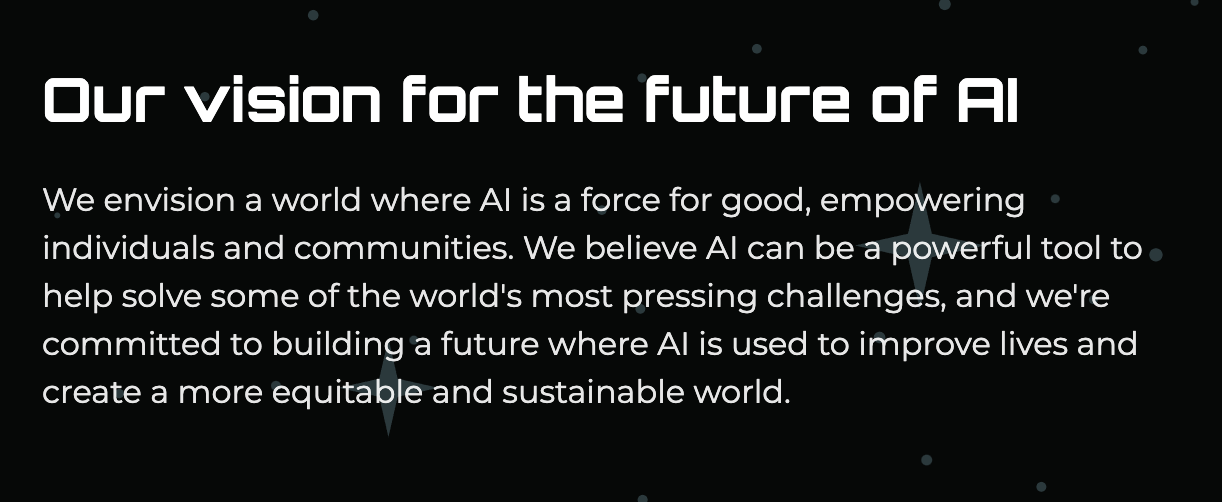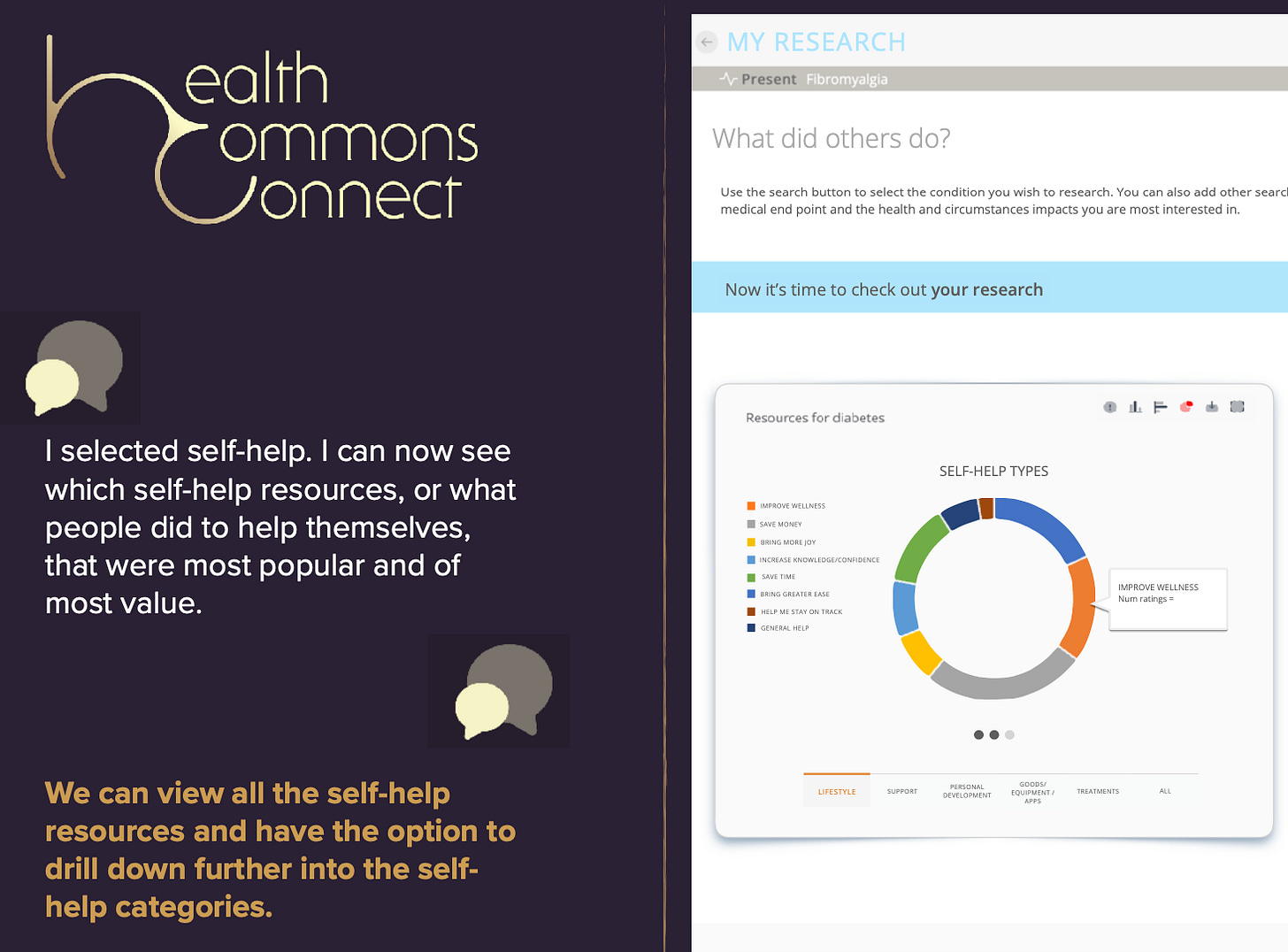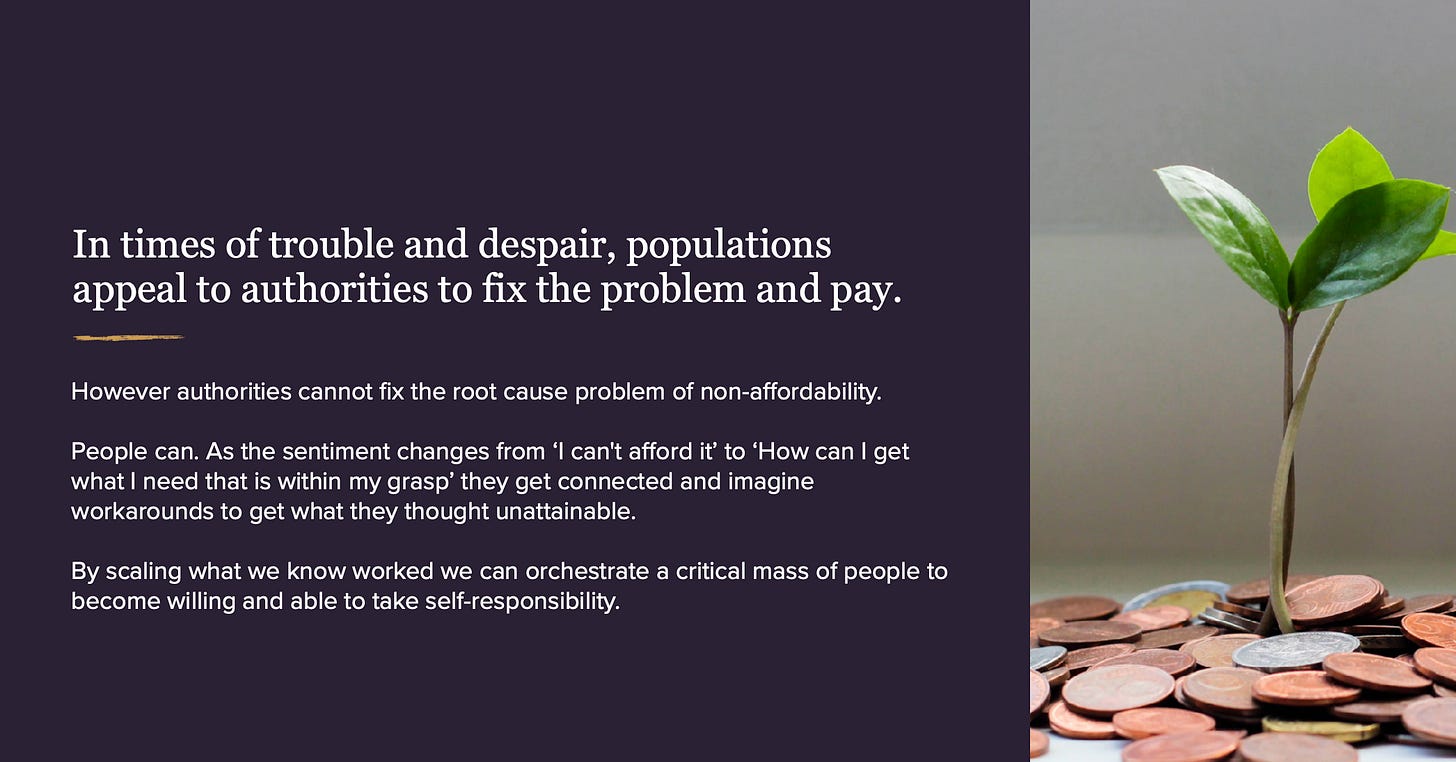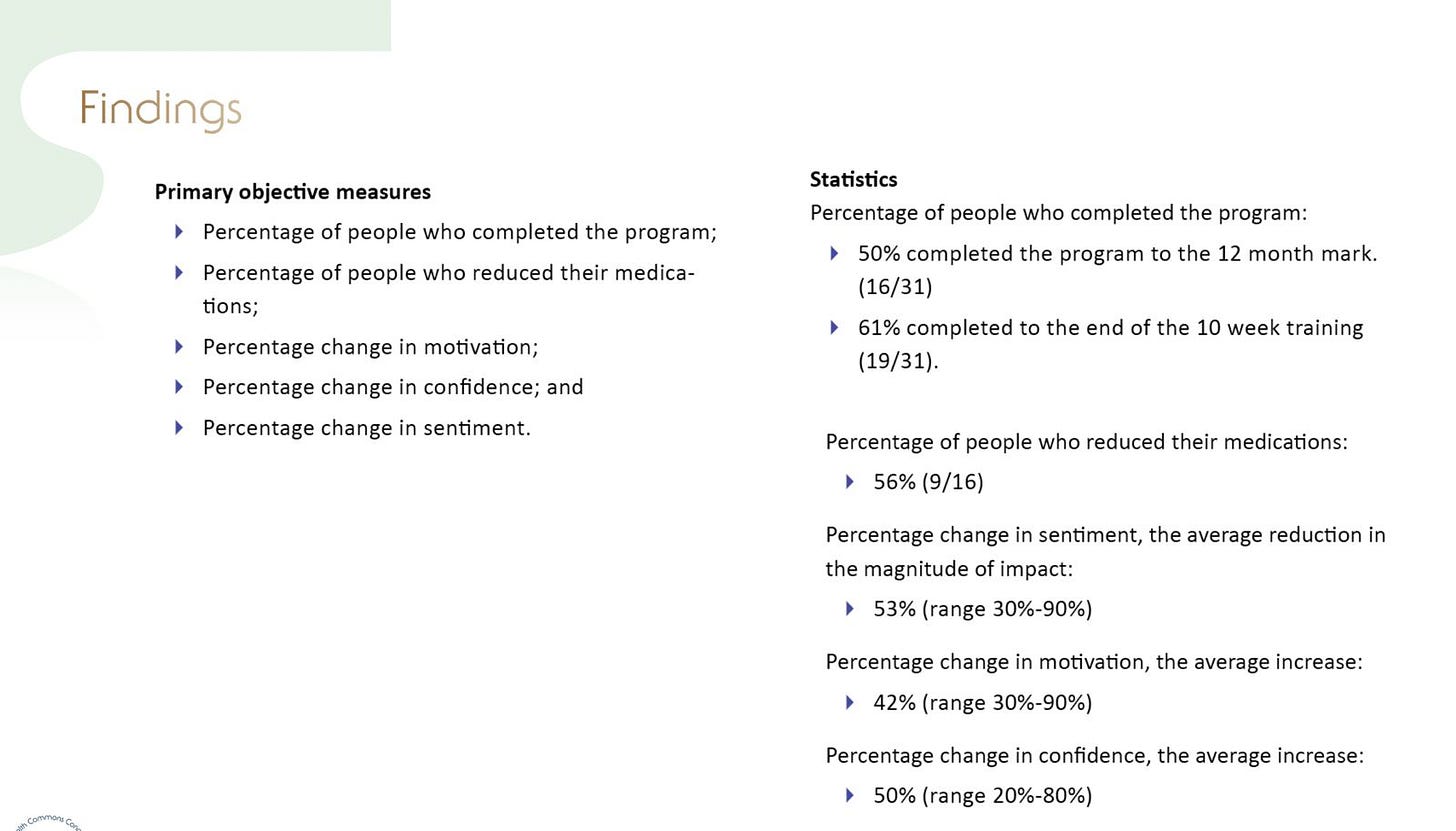Will AI reduce or increase your Wellness?
We have more data and information about health than ever before, yet the incidence of avoidable chronic disease and its associated costs have skyrocketed. This begs the question why and can AI fix it?
It's been a fascinating few days observing AI-related healthcare announcements. These include OpenAI's partnership with Oracle and their involvement in Saudi Arabia through discussions with the Crown Prince. Meanwhile, Trump and Elon Musk, alongside Larry Fink of BlackRock (plus many others), have been outlining how AI and robotics could economically benefit countries with declining populations.
"Substituting humans for machines is going to be far easier in those countries that have declining populations." BlackRock CEO Larry Fink tells the World Economic Forum:
Moreover, Emad Mostaque's work and this week's launch of his decentralized AI offerings is breathtaking. This will open the door for grassroots innovation that could occur in any local health region. As demonstrated by Health Commons, such technology can unlock the potential of grassroots movements to harness their collective power, making a meaningful difference for both individuals and the common good.
The statement below from Emad illustrates my point that the ground is shifting away from big tech giants controlling the innovation agenda. Instead, it's moving toward those willing to collaborate in creating workarounds to problems that cause operational and human pain.
We are heading towards a situation where we will not need high levels of capital or permission to reform or even replace our broken systems
“Our latest medical model performs at ChatGPT level yet works on any modern laptop, free.
This is on OpenAI's latest medical benchmark where doctors without AI score 0.15.
We are building a full AI-first stack for health that will enable universal health knowledge.
Some amazing stuff coming from agents to research to open datasets for all.
Specialists systems for ASD, Cancer, general practice & more that could transform medicine as we know it from sick care to health care.
This is a super exciting time and we have a clear roadmap to improvement to make this available to everyone, everywhere, aligned to each human and humanity as a whole.
Our whitepaper drops soon at http://ii.inc where we will share how we can collaboratively build the future of not only health care, but education, government, finance & more”
Another significant health-related announcement came from blockchain podcaster Tony Edwards, who revealed that Sei's master plan is to put scientific data on the blockchain, acquired from the planned 23andMe acquisition. The commercial value of this will be staggering when fed into an AI engine that can link together other de-identified data sets—which AI can re-identify with ease in over 98% of cases.
Gerald Gallagher, General Counsel for Sei Labs and board member of the SEI Development Foundation, is exploring the acquisition of 23andMe, which filed for Chapter 11 bankruptcy in March 2025 after a 2023 data breach exposed customer information. Their aim is to integrate the genetic data into Sei's decentralized science (DeSci) framework.
Health Commons has been keeping a concerned eye on personal data that many people supposedly donated for the common good through CureTogether. Launched in July 2008 by Alexandra Carmichael, CureTogether created a crowdsourced database through online surveys about health conditions. This included data on over 600 medical conditions that 23andMe subsequently acquired and enhanced with personally collected DNA samples.
After reading the fine print, Kathryn Alexander, founder of Health Commons, became alarmed and set about creating a model where crowdsourced health-related data would be legally owned by the people themselves, along with knowledge of effective treatments, through a legal commons structure.
Most academics and AI developers focus on using computational power to create new products that tend to foster greater dependency. However, careful analysis points to a more obvious—albeit less profitable—approach: using AI to identify root causes and address them directly.
In the US, Robert Kennedy Jr. has just announced his intention to expose the known causes of chronic diseases. The trajectory of these diseases closely parallels the introduction of many known toxins and carcinogens that have been licensed for use in our food chain. This supports the legal precautionary approach that would require evidence of safety before use.
What are your thoughts on how AI could help you avoid chronic disease or reduce its severity and life impact if you have at least one (like 60% of the US population)? Especially, if AI could increase your agency in a way that was specific to you, your lifestyle and your overall health, that was do-able and would make a measurable difference. The Health Commons model, showed medication reduction in 50% of the cohort, and all they did was to become proactive.
From the research in the City Of Logan funded by Steven Miles the Minister for Health Qld and overseen by Cameron Ballantine CIO of Metro South Health
I'm more than happy to expand on all these points and any related topics in the chat. Please feel free to give me feedback on what you would like me to post about.










